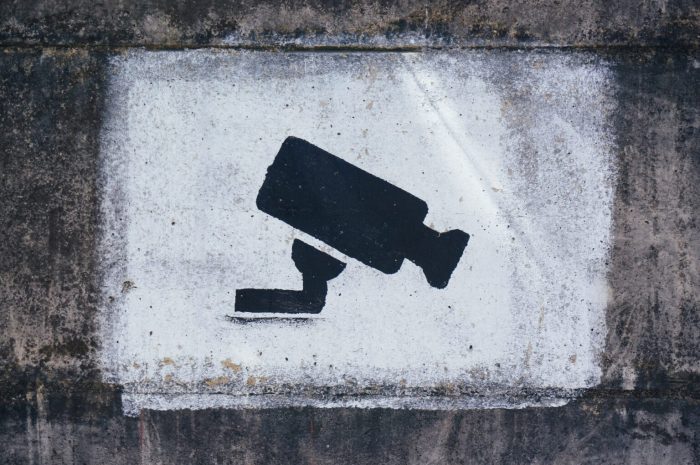
Research reveals inaccuracy, racial inequity and increased surveillance are the touchstones of a flawed technology.
Facial recognition technology should be banned for use in schools, according to a new study by the University of Michigan’s Ford School of Public Policy that cites the heightened risk of racism and potential for privacy erosion.
The study by the Ford School’s Science, Technology, and Public Policy Program comes at a time when debates over returning to in-person school in the face of the COVID-19 pandemic are consuming administrators and teachers, who are deciding which technologies will best serve public health, educational and privacy requirements.
Among the concerns is facial recognition, which could be used to monitor student attendance and behavior as well as contact tracing. But the report argues this technology will “exacerbate racism,” an issue of particular concern as the nation confronts structural inequality and discrimination.
In the pre-COVID-19 debate about the technology, deployment of facial recognition was seen as a potential panacea to assist with security measures in the aftermath of school shootings. Schools also have begun using it to track students and automate attendance records. Globally, facial recognition technology represents a $3.2 billion business.
The study, “Cameras in the Classroom,” led by Shobita Parthasarathy, asserts that not only is the technology not suited to security purposes, but it also creates a web of serious problems beyond racial discrimination, including normalizing surveillance and eroding privacy, institutionalizing inaccuracy and creating false data on school life, commodifying data and marginalizing nonconforming students.
